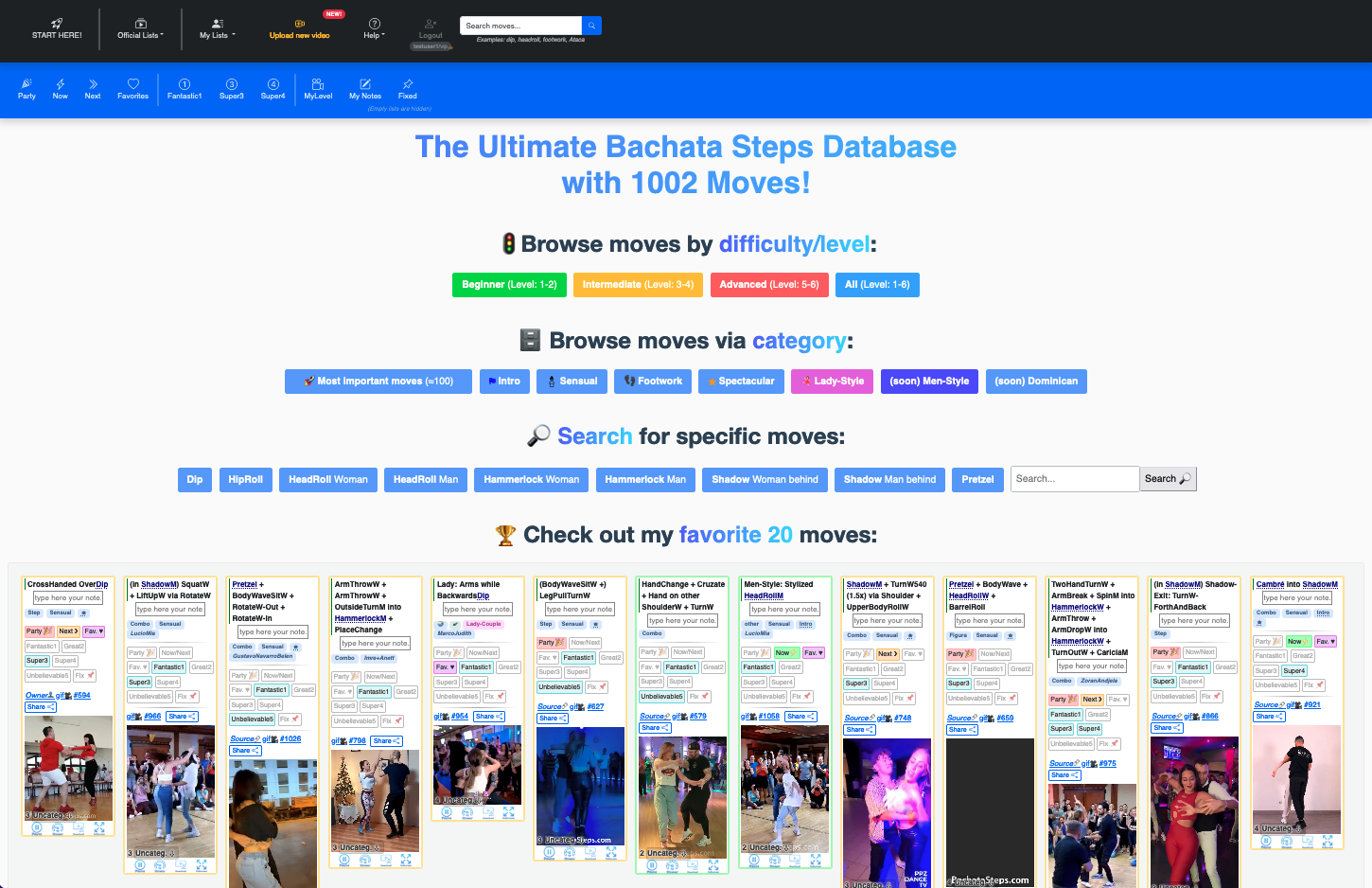Bachata, as a dance form, has the power to challenge and break gender stereotypes on the dance floor. In this article, we will explore how Bachata promotes inclusivity, equality, and the breaking of traditional gender roles.
Traditionally, dance styles often enforce specific gender roles, with one partner leading and the other following. However, Bachata challenges these conventions by creating space for both partners to take on different roles, regardless of their gender.
Lead and Follow: Expanding Possibilities
In Bachata, the roles of lead and follow are not limited by gender. Both men and women can take on either role based on their preference, skill level, and personal expression. This flexibility allows individuals to explore different dynamics, techniques, and styles, expanding the possibilities of partner interactions on the dance floor.
Embracing Versatility
Bachata celebrates the versatility of movement and expression for all dancers. It encourages individuals to step outside traditional gender roles and explore a wide range of movement, footwork, and styling options. This inclusivity and openness foster creativity, personal growth, and a more dynamic and diverse dance experience.
Empowering Self-Expression
Bachata empowers individuals to express themselves authentically and break free from societal expectations. It provides a platform for dancers to challenge gender norms, express their unique identities, and communicate their emotions through movement. By allowing dancers to be true to themselves on the dance floor, Bachata fosters a sense of liberation, confidence, and empowerment.
Promoting Equality
Bachata promotes equality by valuing the contributions of both partners equally. It emphasizes mutual respect, cooperation, and collaboration between dancers, irrespective of their gender. The dance form encourages partners to connect, communicate, and support each other throughout the dance, creating a harmonious and balanced partnership.
Bachata's breaking of gender stereotypes contributes to a more inclusive and diverse dance community. It challenges preconceived notions, promotes equality, and empowers individuals to express themselves freely. By embracing a fluid approach to gender roles, Bachata opens up new possibilities for connection, creativity, and personal growth on the dance floor.


